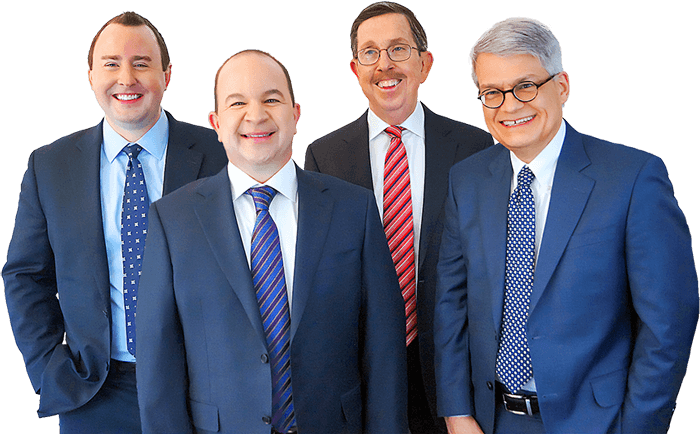Working in the health care field is dangerous. According to the Occupational Safety and Health Administration, health care employees reported a higher incidence of work-related illness and injury than any other private industry in 2017. Risks include workplace violence, musculoskeletal injuries, exposure to infectious illnesses and hazardous chemicals.
If your spouse has been helping to support your household and something goes wrong, your family is bound to suffer. Workers risk their health and put their lives on the line; they deserve thanks and respect. When things go wrong, workers and their families deserve compensation.
Illness or injury benefits
If you sustain an injury on the job in Connecticut, workers’ compensation covers related medical expenses. The same is true if you become sick due to your job. Workers’ compensation also covers a portion of your lost wages that result from your inability to work as you recover. Additional benefits are available, including prosthetic limbs and vocational rehabilitation.
Benefits to spouse
If a work-related incident causes the death of your spouse, Connecticut law entitles you to workers’ compensation benefits. You should receive up to $4,000 to help with burial expenses. Such costs may include funeral home services, a casket or urn, hearse usage and cremation.
The amount of income compensation depends on several factors, and it is a complex calculation. In general, you should receive 75% of your spouse’s weekly pay. That amount should change each year as the cost of living goes up or down; the state calculates these adjustments each October. You can continue to receive benefits until you remarry.
Dependents’ compensation
A spouse is not the only person hurt when a worker is gone; other dependents suffer as well. The law includes provisions for the support of dependent children as well. If you and your spouse share children, the entire benefit should come to you. If your spouse has dependent children with another person, the share belonging to those children will likely go to the other parent. Connecticut law defines a dependent child as one who is under 18; benefits continue until the age of 22 if children are in school full time. Disabled children may receive benefits for life.


